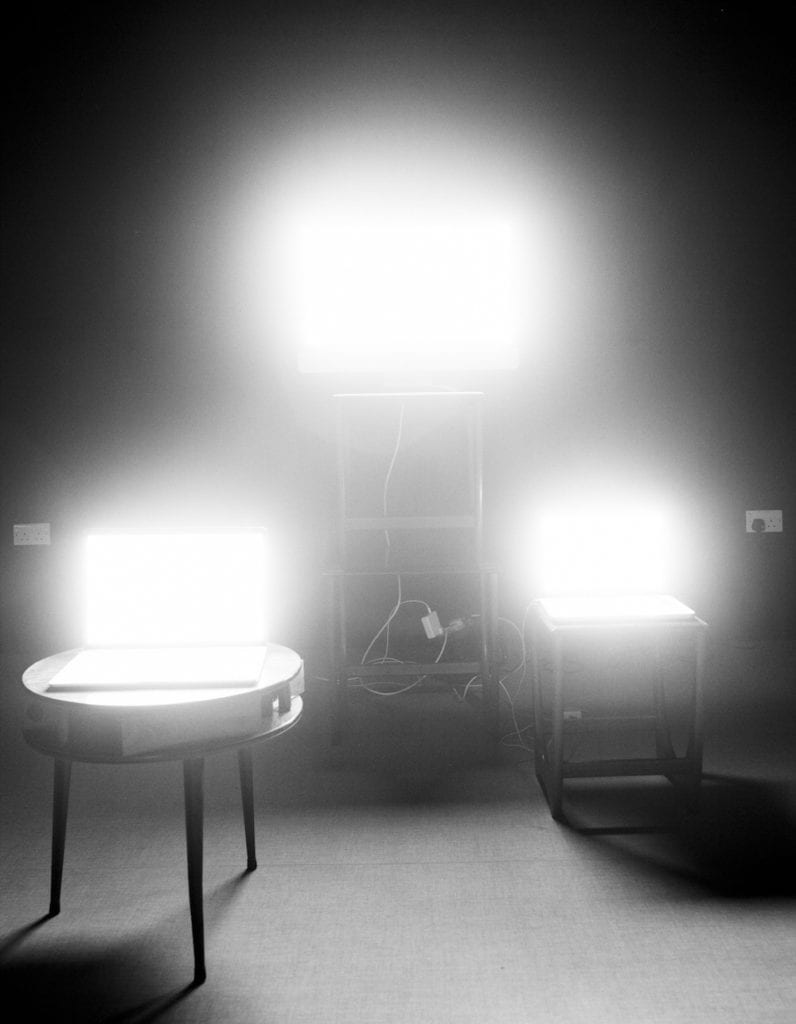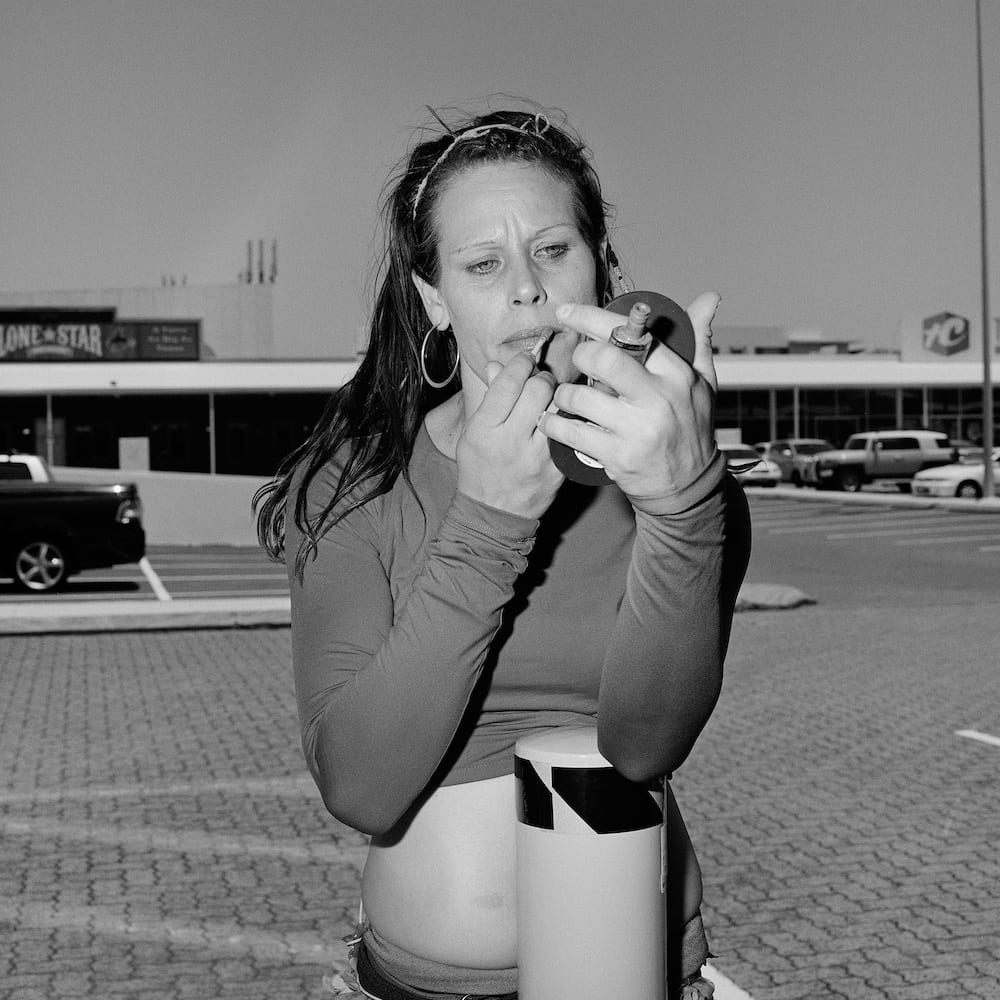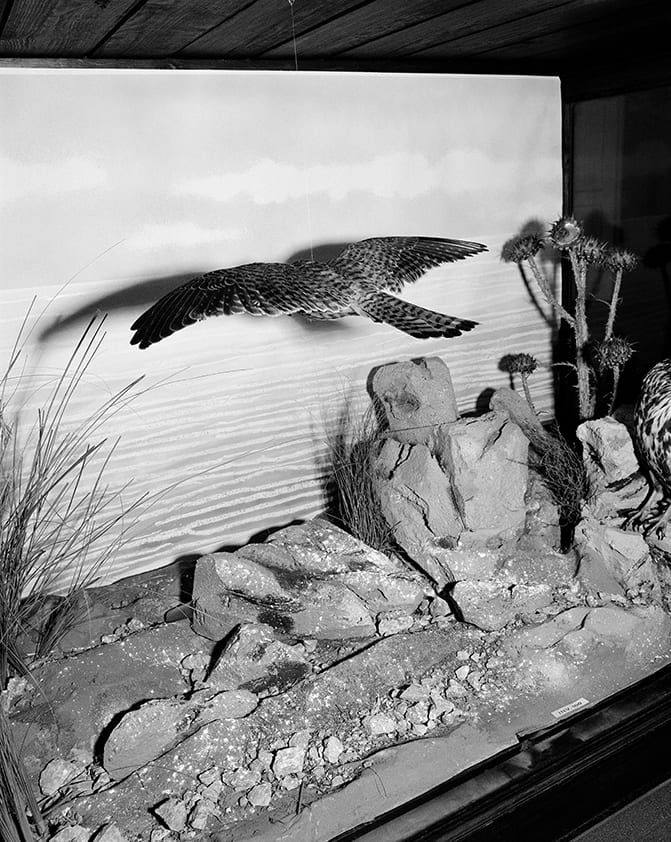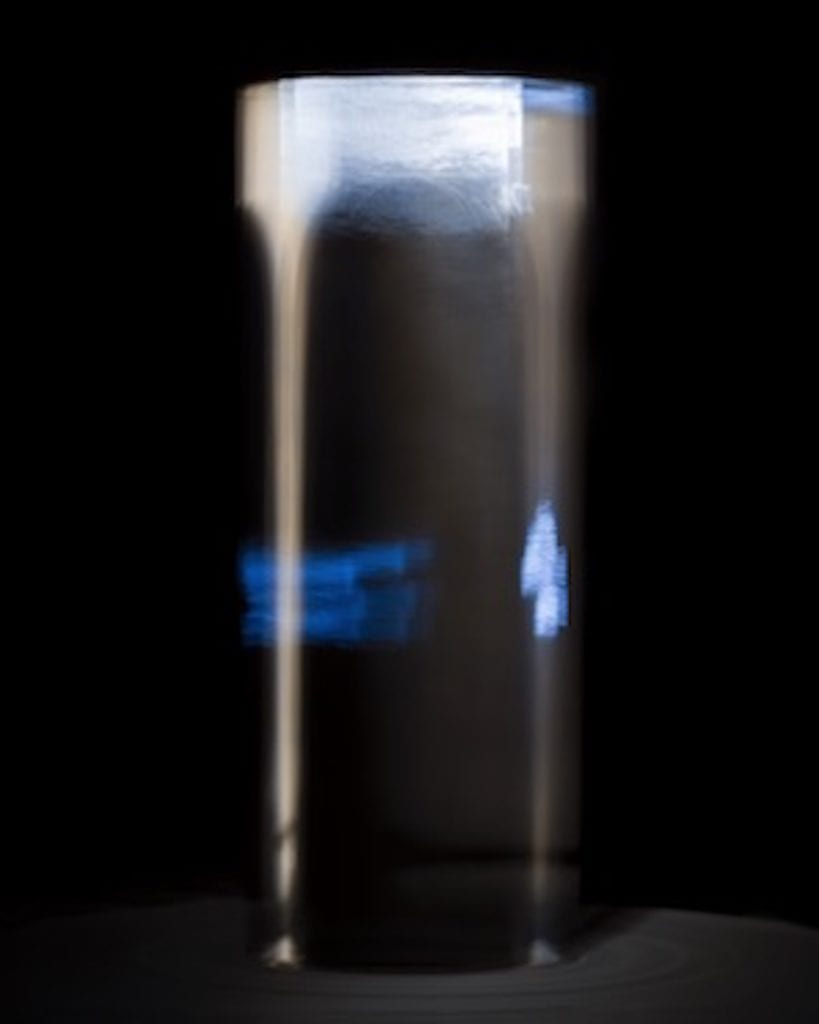Carte Blanche is a programme aimed at discovering talented emerging photographers and artists. For the past three years, it has been promoting the work of students in art and photography, establishing itself as a crucial step for aspiring young artists.
Open to Masters and Bachelor students throughout Europe, four chosen laureates have been selected to exhibit their portfolios at Paris Gare du Nord train station during Paris Photo, gaining industry exposure among the world’s foremost gallerists, curators, collectors and artists. This year, the laureates comprise Samuel Fordham, Chris Hoare, Fernando Marante and Giulia Parlato,each selected for their nuanced approach to photography.
Samuel Fordham
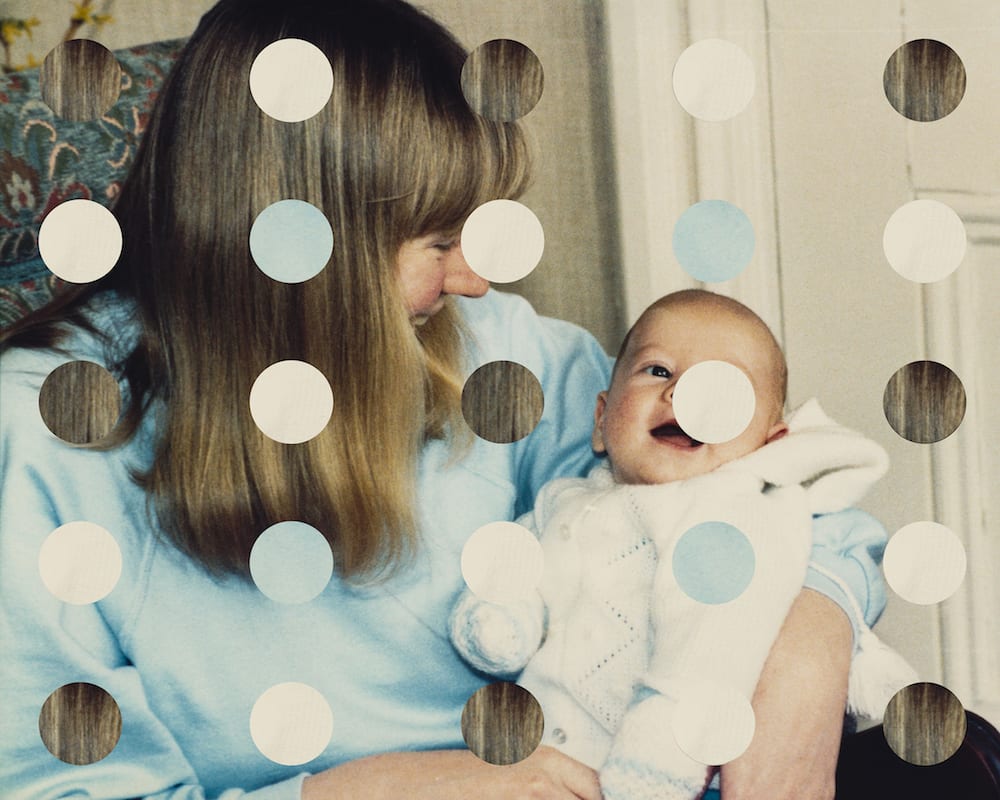
Samuel Fordham is an MA Photography student from UWE Bristol, UK. He is a multidisciplinary artist, manipulating photography, text, moving image and sound to explore hidden narratives around childhood, family welfare and equality.
His most recent project, C-R92/BY, documents the forced separation of families in the UK. The work seeks to investigate how family members maintain a relationship with each other when they have been physically and geographically removed from one another’s lives and are forced to interact through technology. Drawing from his own experience – Fordham’s wife is facing the possibility of deportation in the coming year – the photographer weaves together personal reflections with those of other families, using images, documents and testimonies to comment on the hardships of detention, and the fight to maintain family life.
Chris Hoare
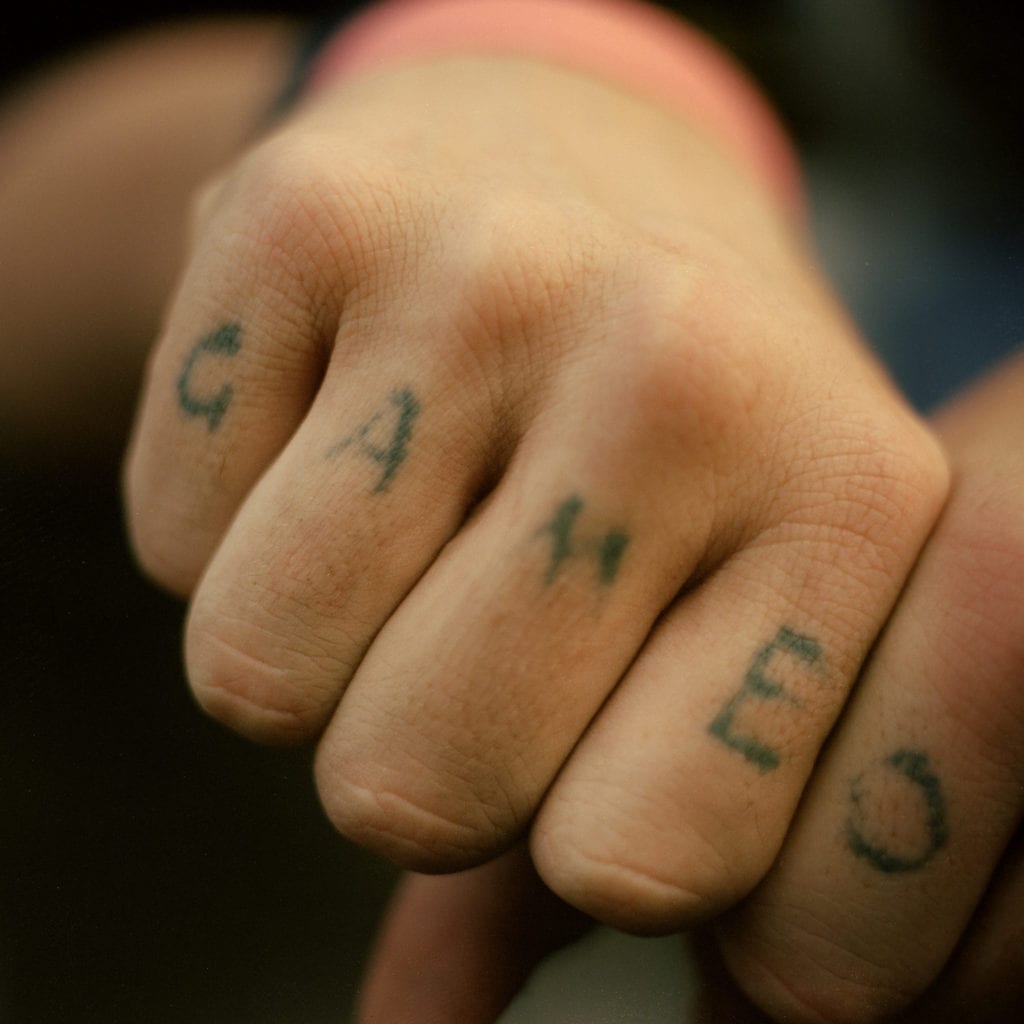
Also in the process of completing his MA in Photography at UWE Bristol, Chris Hoare’s interest is rooted in themes of identity and belonging, within parts of society that are overlooked. His latest body of work, The Worst Poem in the Universe, has been shown multiple times in Australia, where the series is based, and is now being finalised as a book.
The project is an exploration of the notion of luck, and responds to Australian author Donald Horne’s 1964 book The Lucky Country. Intended ironically, the title has now become a phrase commonly used by Australians to describe their home. The work looks at how good and bad luck reveal themselves on the surface of the country, and its title is a reference to the poem Our Future, written by Gina Rinehart, the wealthiest person in Australia. The text is often described as “the worst poem in the universe”, because in it, Rinehart rallies for minerals to be dug from the earth at all costs.
Fernando Marante
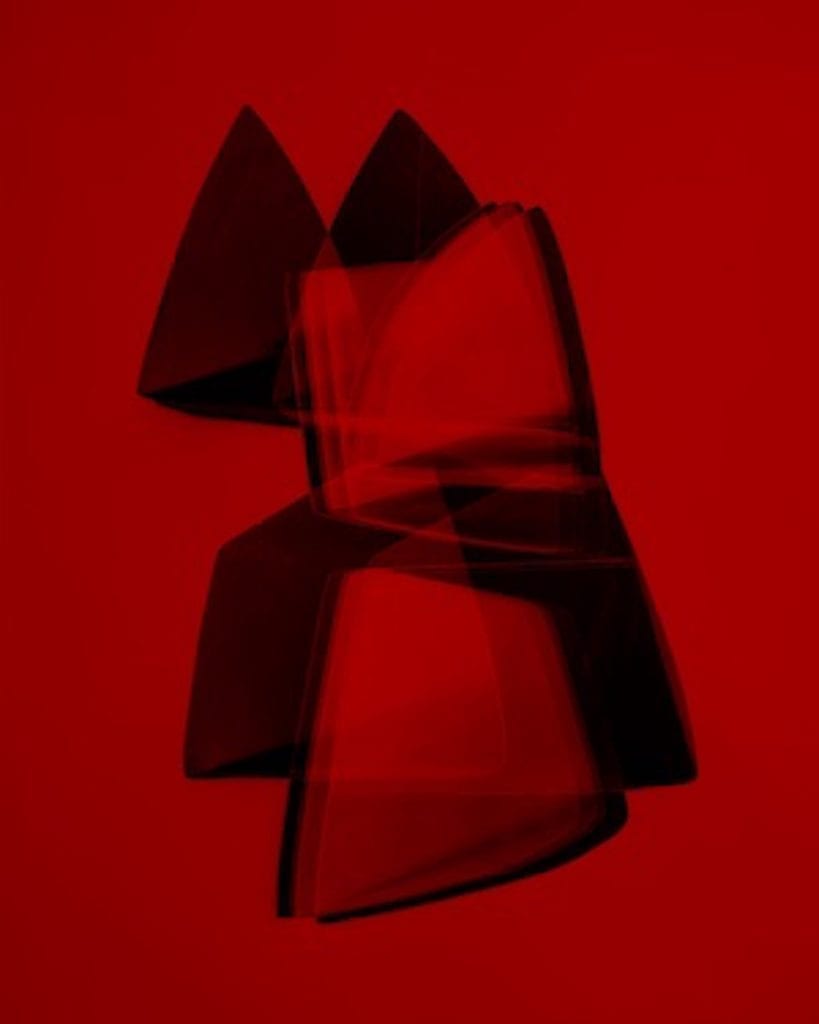
Fernando Marante is based in Lisbon, Portugal, and graduated from the Ar.Co Visual Communication Center in Lisbon earlier this year. His work questions the representation of the photographic medium.
Starting from the assumption that there is no such thing as an abstract photograph, because every image has a direct connection to the physical world, Marante’s work both searches for, yet resists, identification.
Giulia Parlato
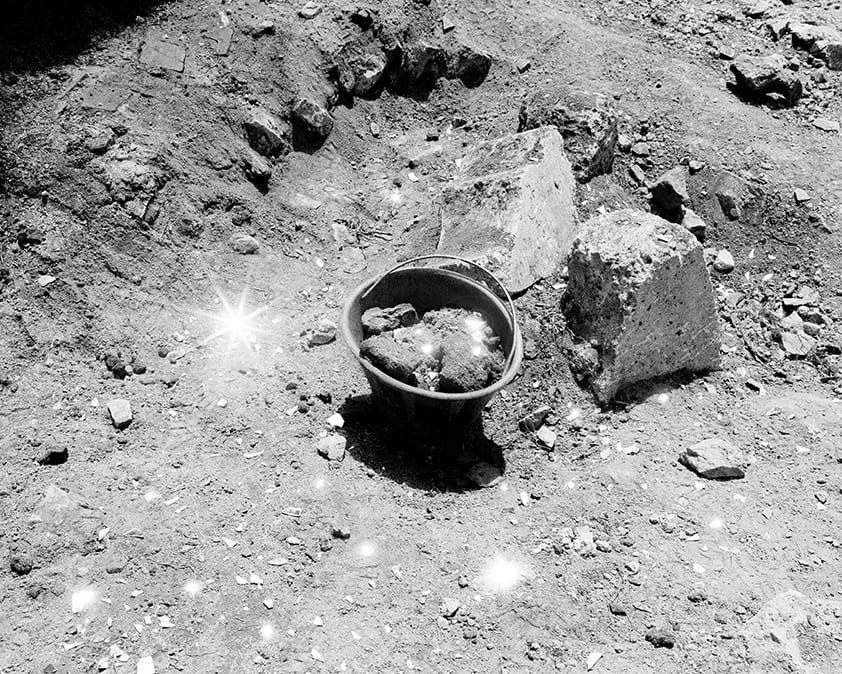
A Masters photography course graduate from Royal College of Arts, London, UK, Giulia Parlato’s practice revolves around myths and history, dealing with themes such as melancholia and disappearance. The Italian artist is interested in how the meaning of symbols change over centuries to adjust to contemporary society. With an attentive look at the idea of failed encounters, her practice undertakes an exhaustive journey into this notion, trying to understand objects and spaces used to search for something that in reality can never be found.
Shot entirely in black and white, her series Diachronicles examines historical spaces, regarded as fictional containers where physical evidence lies. In these spaces, attempts to reconstruct the past fall into phantasmal gaps, where things are generated, used, buried, unearthed, transported and relocated.
For more information about Carte Blanche 2019, visit carteblanche.parisphoto.com
